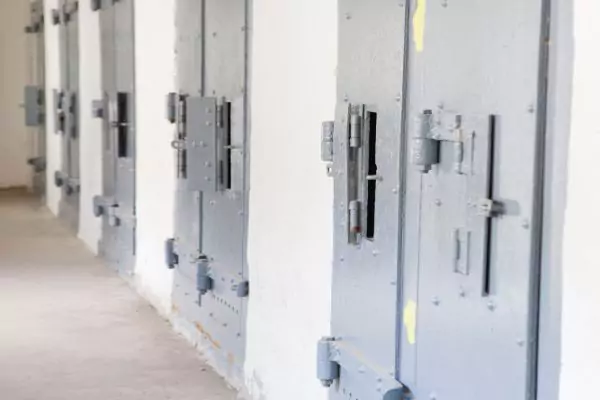California jails taking different approach to solitary confinement

Jurisdictions across the country are looking for ways to reduce the use of solitary confinement. In the wake of several lawsuits, jurisdictions are realizing that solitary confinement can lead to mental health problems and exacerbate mental illness. The practice is inhumane. Now some counties in California are taking new approaches toward solitary confinement, and it is leading to fewer inmates in confinement.
New Criteria
Counties such as Santa Clara, Contra Costa, and Sacramento are establishing new criteria for when inmates are placed in solitary confinement. Rather than using solitary confinement for nonviolent nuisance infractions where an inmate is caught with contraband or disobeys orders, solitary confinement is reserved for inmates who exhibit continued violent behavior. The new criteria have gone a long way toward reducing the number of inmates in solitary confinement. In 2019, Contra Costa County began the year with 100 people in solitary, and by December, there were only six individuals in confinement. Sacramento County cut its solitary confinement population by half. Santa Clara went from 400 inmates in solitary to only 26 by December after implementing the new criteria.
These California jails are also taking different approaches to handle nonviolent infractions. Rather than jumping to confinement or more violent actions, jails are working toward using reward systems and positive reinforcement to encourage better behavior. Individuals are offered more snacks or more TV time to encourage them to follow the rules. The approach is surprisingly working.
In addition to reducing the use of solitary confinement, jails are also working toward reducing the amount of time an inmate is in solitary. The longer an individual is in solitary confinement, the more detrimental it can be to their mental health. The jails are using systems like placing inmates with smaller populations and having them agree in writing not to be violent.
Other Jurisdictions
Other jurisdictions across the country are also working on reducing the use of solitary confinement or segregation. Hampden County in Massachusetts now relies on alternative sanctions and positive reinforcement. New Jersey’s Middlesex County has been reducing the amount of time individuals are in solitary and letting them out of their cells more frequently. In Cook County, Illinois, troublesome inmates are no longer kept in solitary and are instead placed in small groups of inmates.
If you or a loved one has a mental disability and has been arrested or convicted of a crime, you need an experienced criminal defense attorney on your side. Elizabeth Kelley specializes in representing individuals with mental disabilities. To schedule a consultation call (509) 991-7058.


